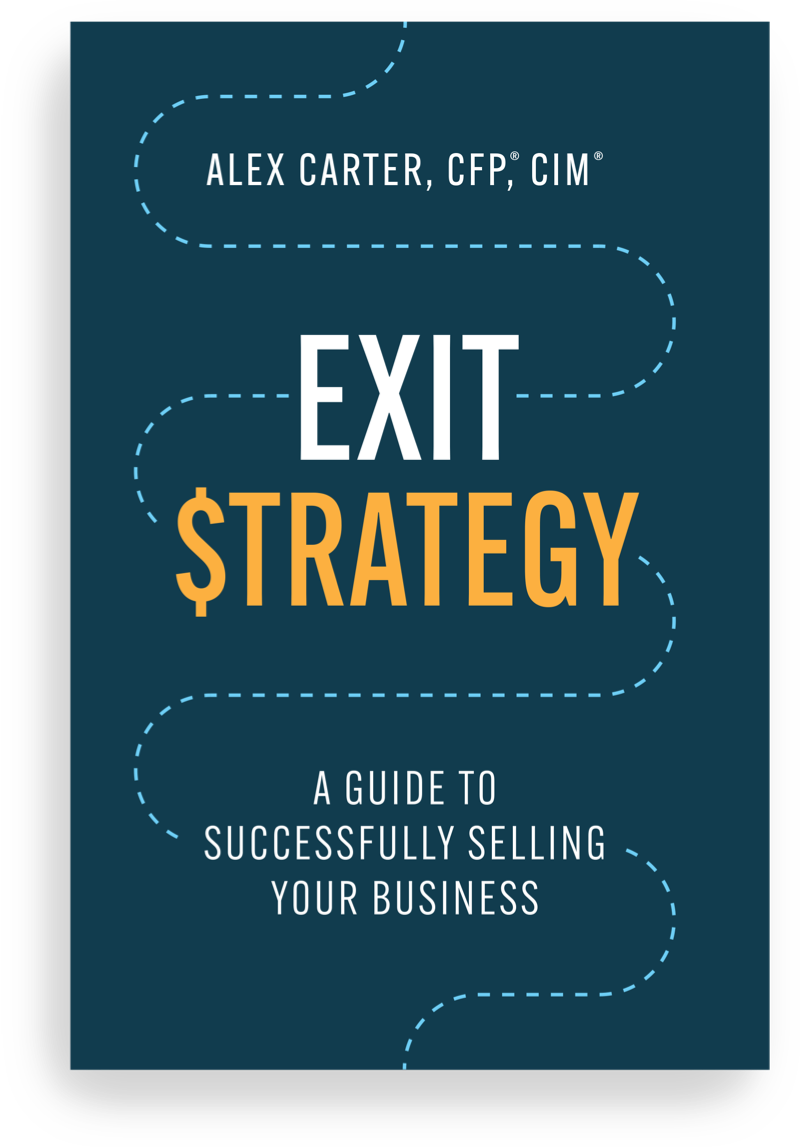Should the stock market be fun? Here’s what economist and Nobel laureate Paul Samuelson had to say on the matter:
“Investing should be more like watching paint dry or grass grow. If you want excitement, take your money and go to Las Vegas.”
We were reminded of this quote after reading a recent piece by Ben Carlson, a well-known U.S. commentator we’ve quoted before. He delved into a February profile of a 25-year old investor that appeared in the Wall Street Journal in early February. Needless to say, the Journal article more than reinforces Samuelson’s dictum that investing and entertainment don’t mix well.
Turns out that the individual interviewed for the piece amassed a staggering US$1.5 million portfolio trading stocks—fueled, not surprisingly, by significant amounts of leverage. His amazing run occurred in the early stages of the pandemic, and chances are he wasn’t alone. This was the era of “meme stocks” and other such absurdities—the sort of thing you see when markets exhibit speculative froth.
Sadly, the investor proceeded to lose it all. His bets went sour, and rather than saving his winnings along the way, he spent them in every way imaginable: From betting, and bars, to luxury cars.
Today? According to the Wall Street Journal, the young man in question is humbled to say the least:
“To support himself, he says he now works at a deli in Las Vegas that pays him roughly $14 an hour plus tips and sells area timeshares. He says he no longer has any money invested in the market.
“I’m starting from zero…”
Signs that Investing is Veering into Entertainment
There are some telltale signs that investing is being done for the sake of entertainment, even if the investor in question can’t realize it:
- Investments are being made in ultra-risky securities, such as penny stocks
- An investor is trading stocks frequently, trying to time the market on a daily or weekly basis
- Leverage is being used to amplify returns
Why Investing Should be Boring
So why shouldn’t there be an element of fun to investing? In a nutshell, a successful investment strategy should be long-term in nature. Unlike a casino, which offers the possibility of immediate gratification, a portfolio built with a long-term outlook will almost certainly not offer a big short-term payout.
In fact, the wise investor realizes that enduring short-term market setbacks and sticking with their plan is essential for long-term success. Think back to the tortoise and the hare: The hare gets a quick start, but it’s the slow and steady tortoise that wins the race.



